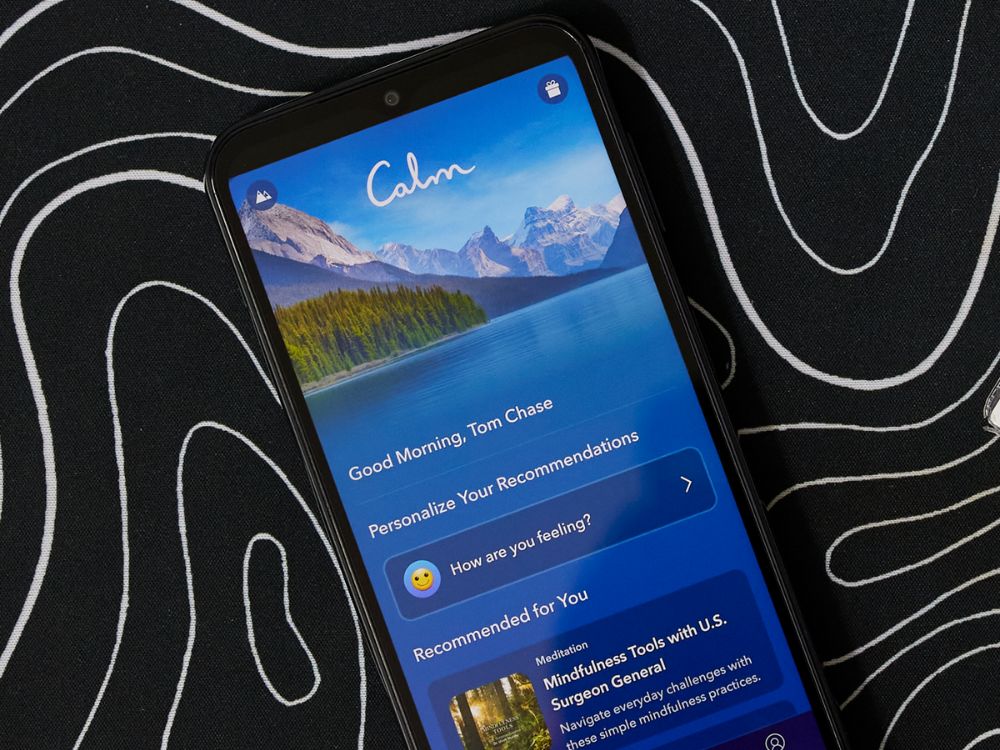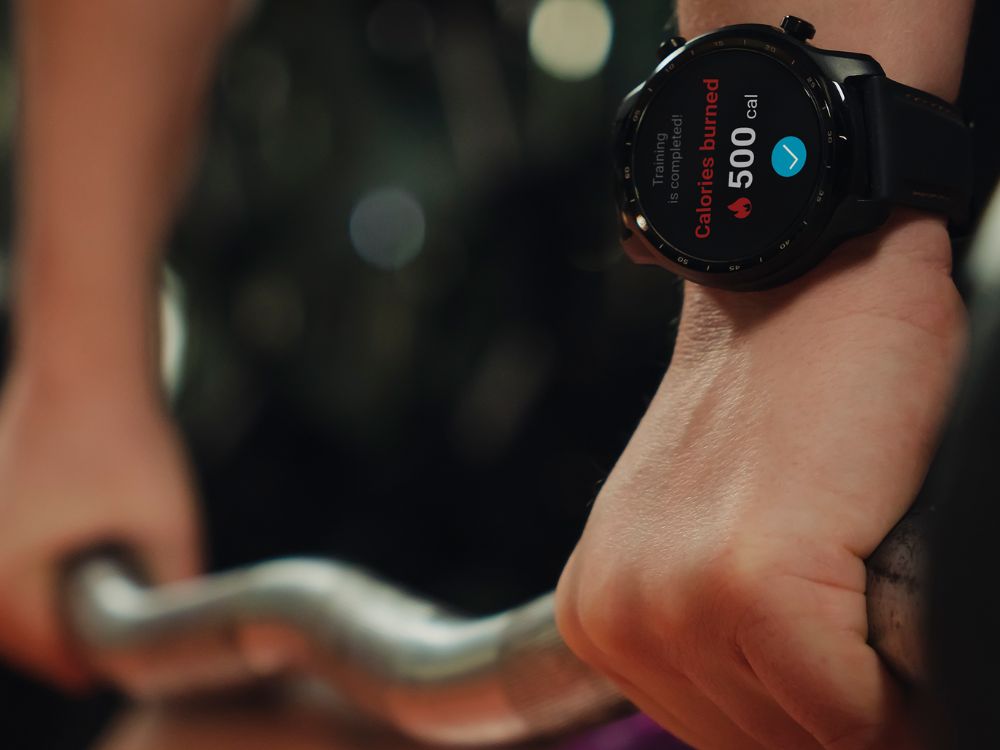
2024 has seen major advancements in the workplace, and with people now able to work from anywhere and juggle their 9 to 5 jobs with thriving passion projects, our generation can in theory “have it all”.
But along with the benefits of this progress come the drawbacks, with the rise in hybrid working blurring the lines between work and home life, and employees reporting an inability to switch off.
According to Mental Health UK’s annual stress report, the UK is at risk of becoming a “burnt-out nation”, with one in five people needing to take time off work due to stress over the past year. And despite the extreme levels of pressure among UK workers, a staggering 24% noted that they felt unable to manage the stress in their lives.
This can be compounded over the summer months, with social season pushing the boundaries of work and play, and too many of us overstretching and sacrificing our relaxed downtime to “do” and “have it all”.
Fortunately, it doesn’t have to be this way, and by setting some positive boundaries, we can manage our over-working and maximise our downtime, enabling us to avoid workplace burnout altogether and focus on achieving our goals in a healthy way.
This June, with the support of EE, we’re here to help, breaking down the common mistakes that lead to workplace burnout, and how harnessing your tech can help improve your work-life balance.
Here are 6 mistakes not to make if you want to prevent burnout at work, and how to avoid them…
1. Sacrificing time for your mental health
With so much to juggle in our day to day lives, it can seem impossible to find the time to do everything. And too often, we end up sacrificing time for our mental health in a bid to finish our never-ending to-do lists. This is a key mistake to avoid, with prioritising your mental wellbeing proven to ward off burnout, while actually being a crucial part of sustaining and achieving your goals. In an effort to get customers back on track, EE has partnered with leading mental health brand Calm, offering discounted access to its science-backed tools. And from bite-sized stress relieving breathing exercises to daily meditations, they promise to calm your mind and build up your resilience.

2. Spreading yourself across multiple projects at once
It can seem productive to spread yourself across multiple projects at once, but this is actually another common pitfall on the route to burnout. And with 9 to 5s, side hustles, socialising and in some cases parenting to balance, overstretching yourself will actually most likely hinder your productivity and satisfaction across all areas. Focusing your time and energy is key, allowing you to commit to the task at hand. This is something that EE’s Smart Hub Plus aims to do, with the app’s ‘Work Mode’ enabling you to prioritise your connection, work with purpose and maximise your productivity.
3. Forgoing exercise for screen time
The importance of exercise cannot be overstated when avoiding burnout, with physical activity scientifically proven to play a role in reducing work stress. Yet still, the effects of exercise are massively undervalued in the workplace, with too many of us skipping our lunchtime walk or evening exercise class, to work overtime. EE’s smartwatch range has the answers, giving you the freedom to take work calls, set reminders and send emails on the go. This makes it easier to factor regular exercise into your daily routine, and consequently will increase your efficiency, productivity and job satisfaction.

4. Making yourself available at all times
One consequence of tech advancements is being contactable at all times, which is a benefit for our social lives, but a drawback when it comes to work. We’ve all experienced a late night call from our boss or an early morning client email, turning our precious downtime into a panicked work session - time that is often never logged or reclaimed in lieu, and over time those hours can add up. To combat this, it is crucial to set positive boundaries, making clear definitions between work time when you are available and contactable, and home time when you are not. EE’s WiFi controls feature is an effective tool for setting these boundaries, allowing you to pause WiFi, switch off connection for individual devices and even schedule some tech-free time for yourself.
5. Allowing work to cut into your sleep hours
Another common mistake is allowing work to cut into your allocated sleeping hours, with too many of us sacrificing some shut-eye to get a jump on the day. This however should be avoided, with a proven correlation between sleep deprivation and burnout. According to research by Calm, 91% of adults are not rested and feel tired often, with 77% of its subscribers using the app primarily to aid with sleep. Its science-backed features, from Sleep Stories and meditations to soundscapes are proven to enhance sleep quality as well as duration. Not to mention, EE’s WiFi controls feature can be used to schedule some tech-free time as you wind down for bed.
6. Turning your downtime into work
Undervaluing the importance of downtime is a common mistake, with too many of us writing it off as unproductive. In fact, leaning into your downtime is actually vital for recharging your energy, so make sure to switch off from work, unwind and relax your mind on the regular. And by doing so, you will see positive results in not just your personal life, but your work life too. EE’s home entertainment selection has this in mind, and whether your downtime comes in the form of TV, music, podcasts or gaming, the exciting range of extras on EE mobile is a guaranteed win. We’re talking Apple TV+, TNT Sports on discovery+ and the Entertainment Data Pass, offering endless streaming from Spotify, Netflix and Prime video, among others.
Visit ee.co.uk/work for more information on EE tech and how to harness it to achieve your goals.







